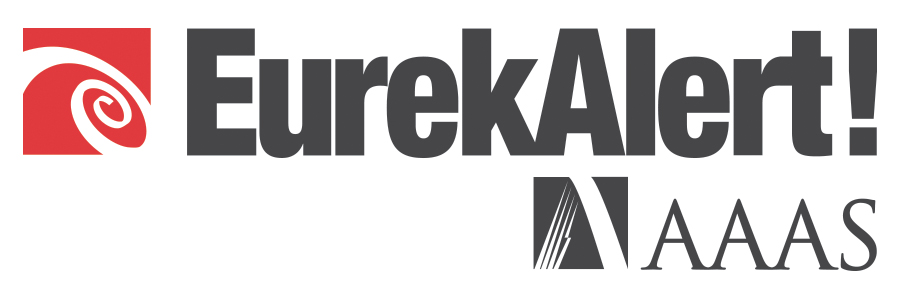
No third party may fundamentally publish the work of another without their consent. The BfR is therefore exercising its rights as a scientific institute.
This procedure is independent of the scientific assessment. Addendum I has been published for years on the European Food Safety Authority (EFSA) website. All professionally qualified conclusions are therefore publicly accessible.
More openness and transparency in the assessment of active substances in plant protection products – that was the plea of BfR President Professor Dr. Dr. Andreas Hensel at the hearing before the special committee of the EU Parliament on the approval of plant protection products last year. The BfR has been supporting the further improvement of the assessment procedures for years. The original toxicological studies prepared by industry should be freely accessible in the same way that the assessment reports published by EFSA already are. The existing laws should be complied with here, however.
Unrestricted public access to scientific information is desirable in the view of the BfR. Glyphosate has been assessed as non-carcinogenic by the BfR in line with the latest available knowledge. This decision was reached on the basis of an independent, comprehensive assessment of all available scientific studies. After making their own assessments, all of the assessment authorities all over the world which had the original data at their disposal concluded that glyphosate should not be classified as carcinogenic to humans according to the latest available knowledge.
###
About the BfR
The German Federal Institute for Risk Assessment (BfR) is a scientifically independent institution within the portfolio of the Federal Ministry of Food and Agriculture (BMEL) in Germany. It advises the Federal Government and Federal Laender on questions of food, chemical and product safety. The BfR conducts its own research on topics that are closely linked to its assessment tasks.
This text version is a translation of the original German text which is the only legally binding version.
Disclaimer: AAAS and EurekAlert! are not responsible for the accuracy of news releases posted to EurekAlert! by contributing institutions or for the use of any information through the EurekAlert system.

